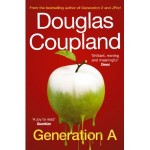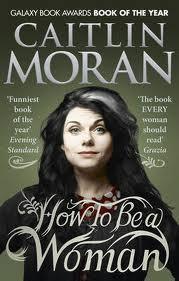 Let me just start off by saying this book should probably be mandatory reading for all teenage girls – and it wouldn’t exactly hurt if the boys read it too. In fact, I’m considering purchasing a couple of copies for the library at the lass’ school, and don’t be surprised if I start giving away copies to friends’ daugthers.
Let me just start off by saying this book should probably be mandatory reading for all teenage girls – and it wouldn’t exactly hurt if the boys read it too. In fact, I’m considering purchasing a couple of copies for the library at the lass’ school, and don’t be surprised if I start giving away copies to friends’ daugthers.
Which is not to say you don’t need to read this book if you’re past your teens. Every woman of every age could do with reading it, and you men? If you are really interested in «understanding women» then this book will definitely help.
Now then:
Caitlin Moran has written something which is a cross between an authobiography, a feminist pamphlet, a stand-up comic’s script and a rant. And she has done it in such an eminently readable way that reading it is pure, unalloyed pleasure.
I have a rule of thumb that allows me to judge – when time is pressing, and one needs to make a snap judgement – whether some sexist bullshit is afoot. Obviously it’s not 100 per cent infallible but, by and large, it definitely points you in the right direction.
And it’s asking this question: ‘ Are the men doing it? Are the men worrying about this as well? Is this taking up the men’s time? Are the men told not to do this, as ‘it’s letting the side down’? Are the men having to write bloody books about this exasperating, retarded, time-wasting bullshit? Is this making Jeremy Clarkson feel insecure?’
Almost always the answer is ‘No. The boys are not being told they have to be a certain way. They’re just getting on with stuff.’
Men are not being informed that they are opressing other men with their comments. It is presumed that men can handle perfectly well the idea of other men bitching about them. I think, on this basis, we can presume women can cope with other women being bitchy about them, too.
Now, there are things Caitlin Moran says I don’t agree with, but not very many. I’m with her on the high heels (just don’t), I’m with her on the muff (and pretty much on the hairyness issue altogether) and I think she has a pretty shrewd analysis on why a lot of women overeat as an addiction, just to mention a few.
In short, read it!
For more quotes and Morany goodness in general, check out Fuck yeah Caitlin Moran on Tumblr.
And you can follow Caitlin Moran on Twitter, too: @caitlinmoran.
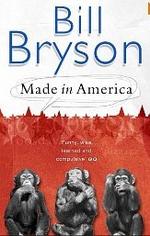
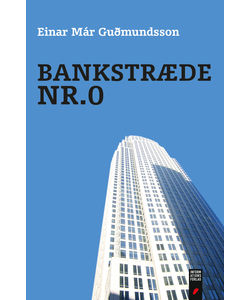
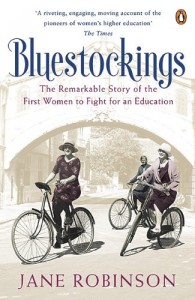
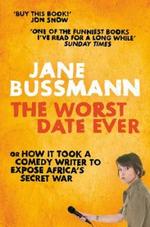
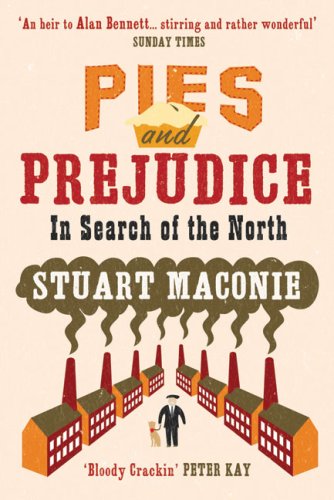 I found Pies and Prejudice – In Search of the North by Stuart Maconie in the newly extended English language section of one of the lokal bookshops (Norli på Nordre, om noen av mine norske lesere lurer). To my surprise, and glee, they now have a proper section for non-fiction, covering two whole book cases. I celebrated by buying this book, and I am very glad I did. The Times – according to the blurb on the cover – called Maconie «The new Bill Bryson» in their review, and I think they might be on to something.
I found Pies and Prejudice – In Search of the North by Stuart Maconie in the newly extended English language section of one of the lokal bookshops (Norli på Nordre, om noen av mine norske lesere lurer). To my surprise, and glee, they now have a proper section for non-fiction, covering two whole book cases. I celebrated by buying this book, and I am very glad I did. The Times – according to the blurb on the cover – called Maconie «The new Bill Bryson» in their review, and I think they might be on to something.